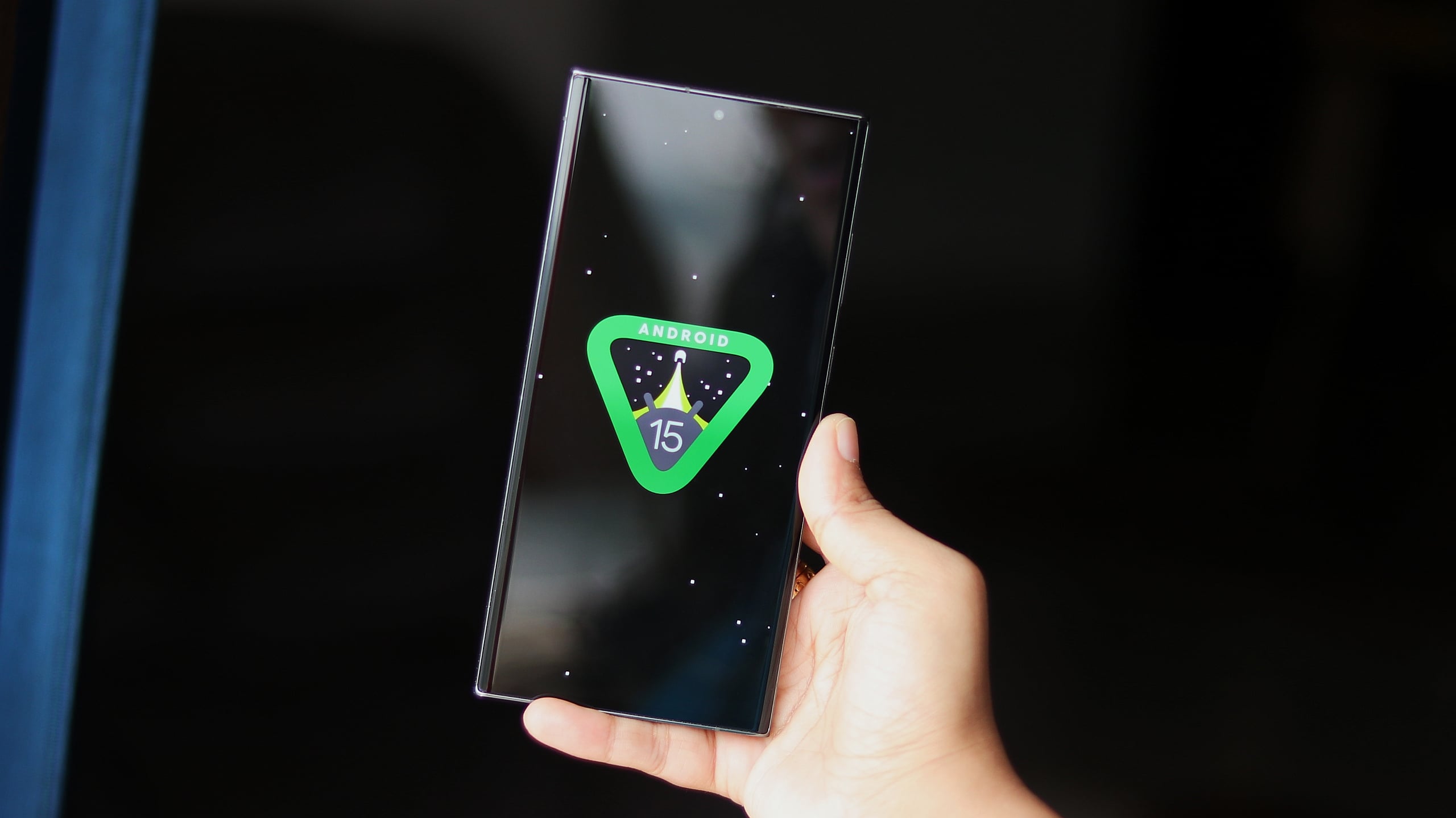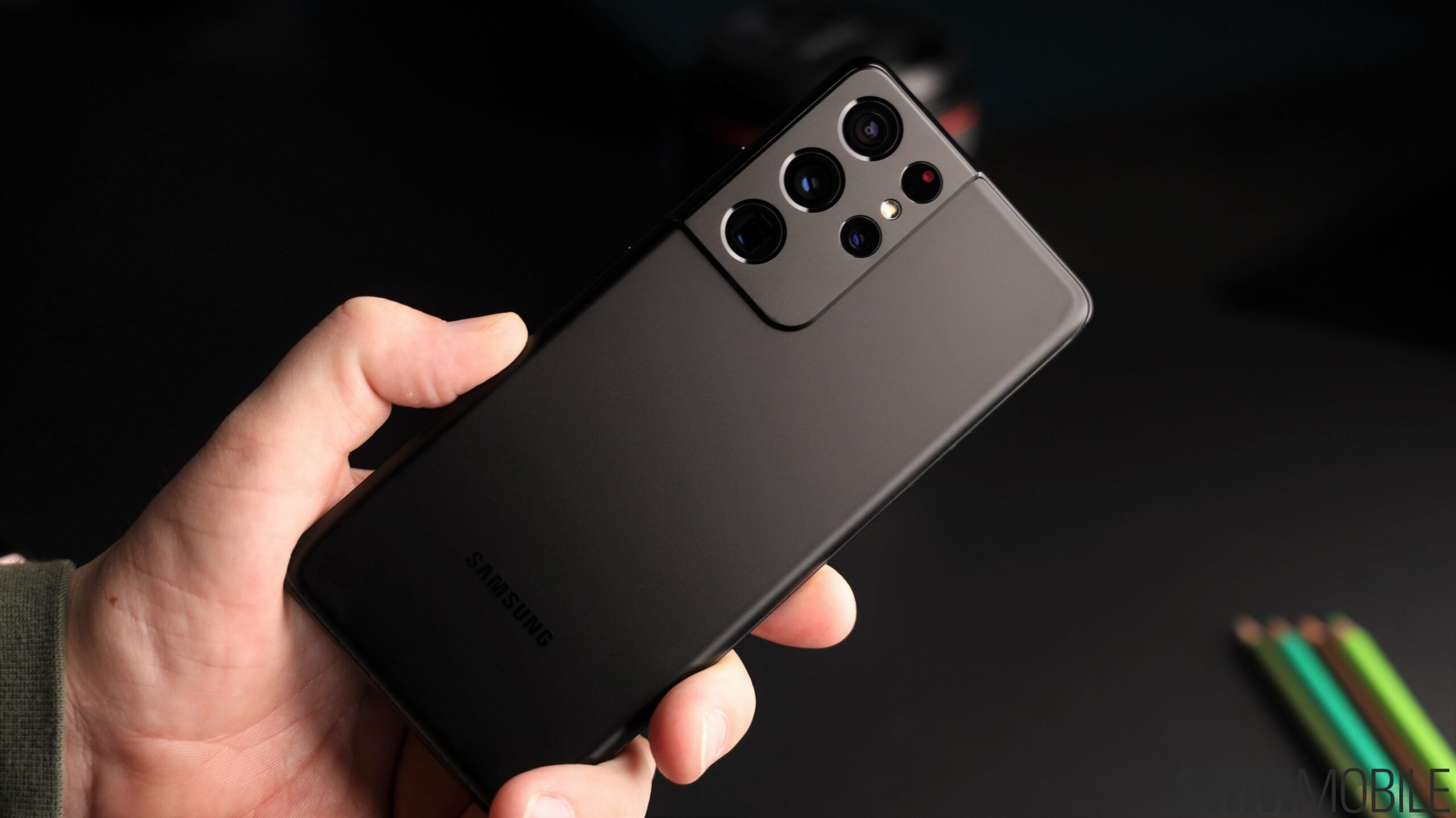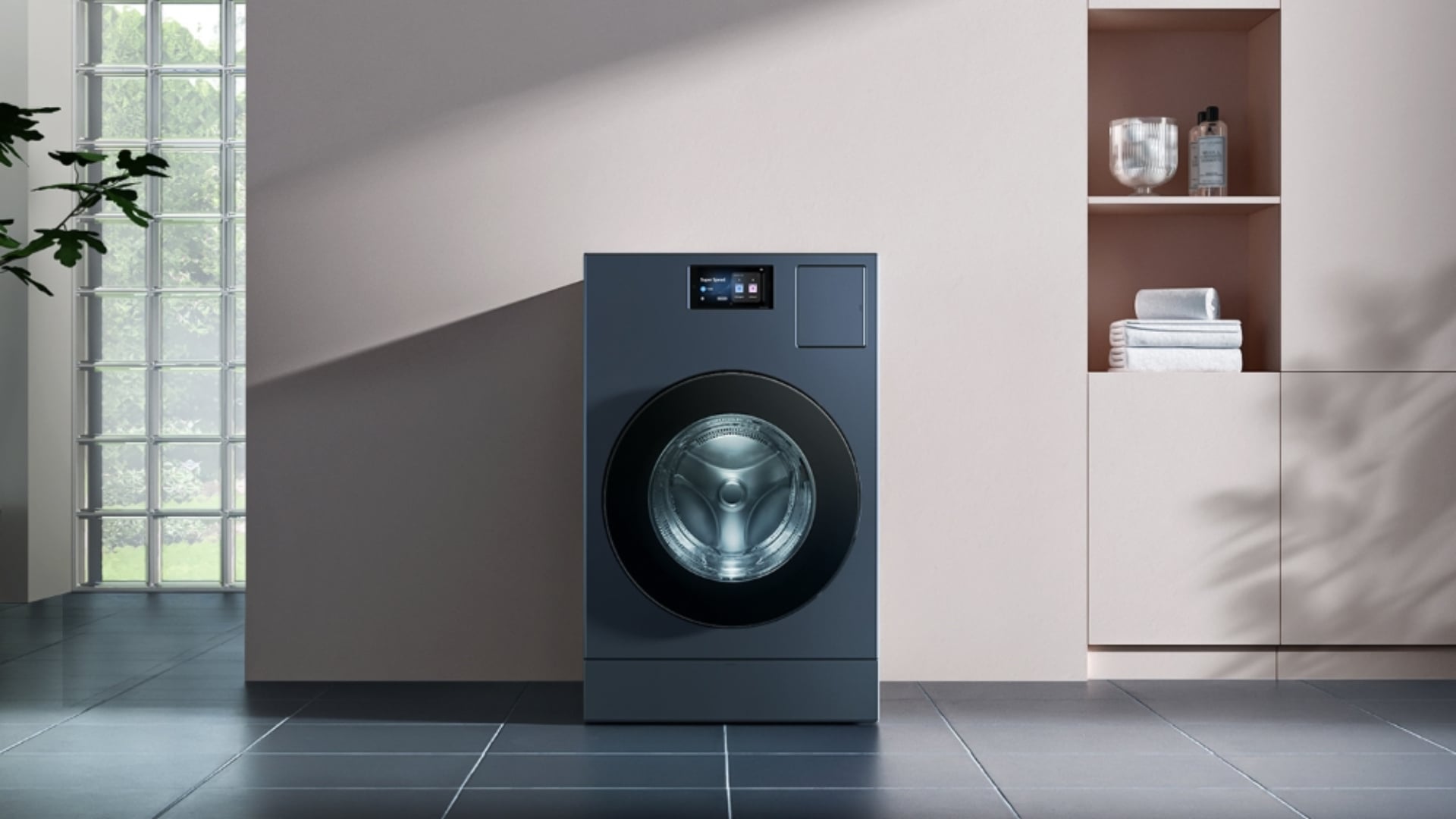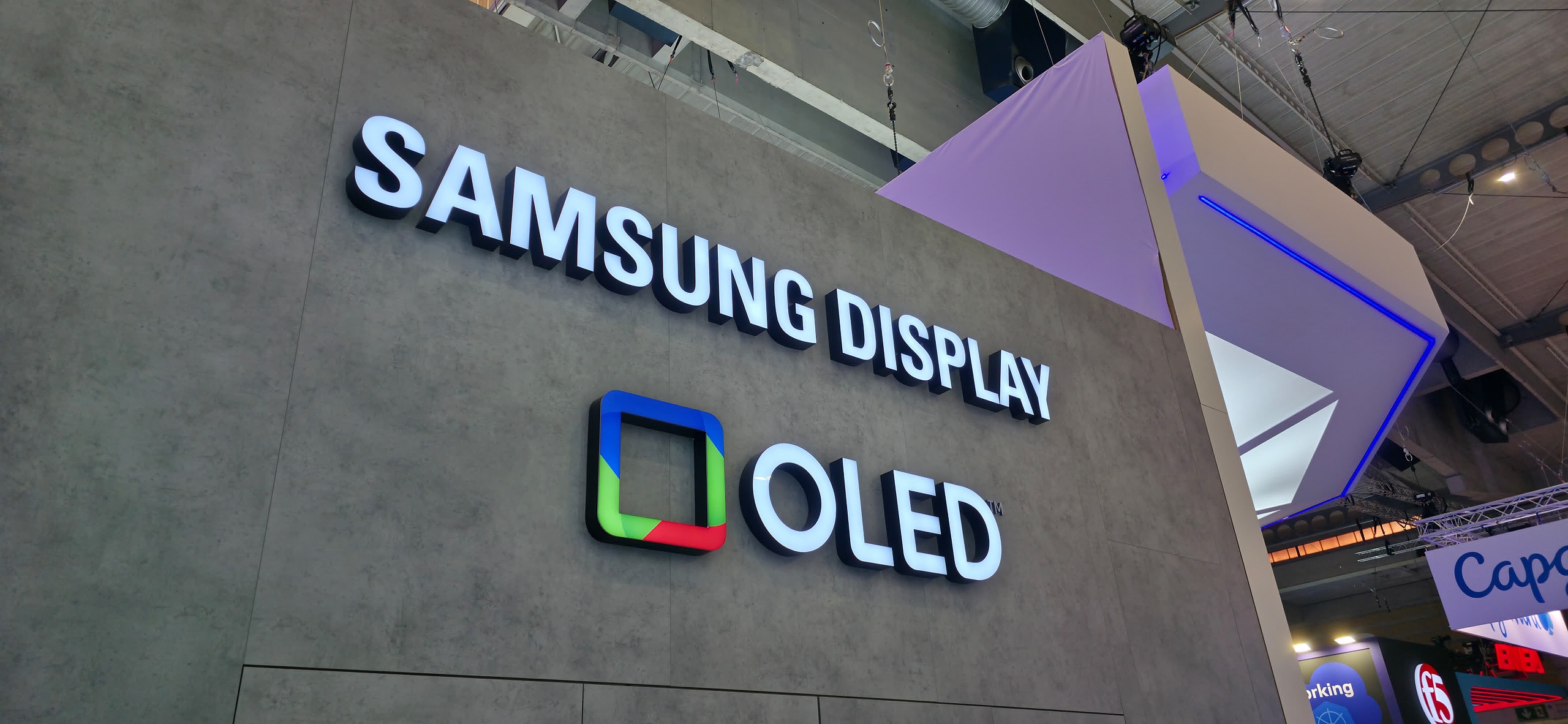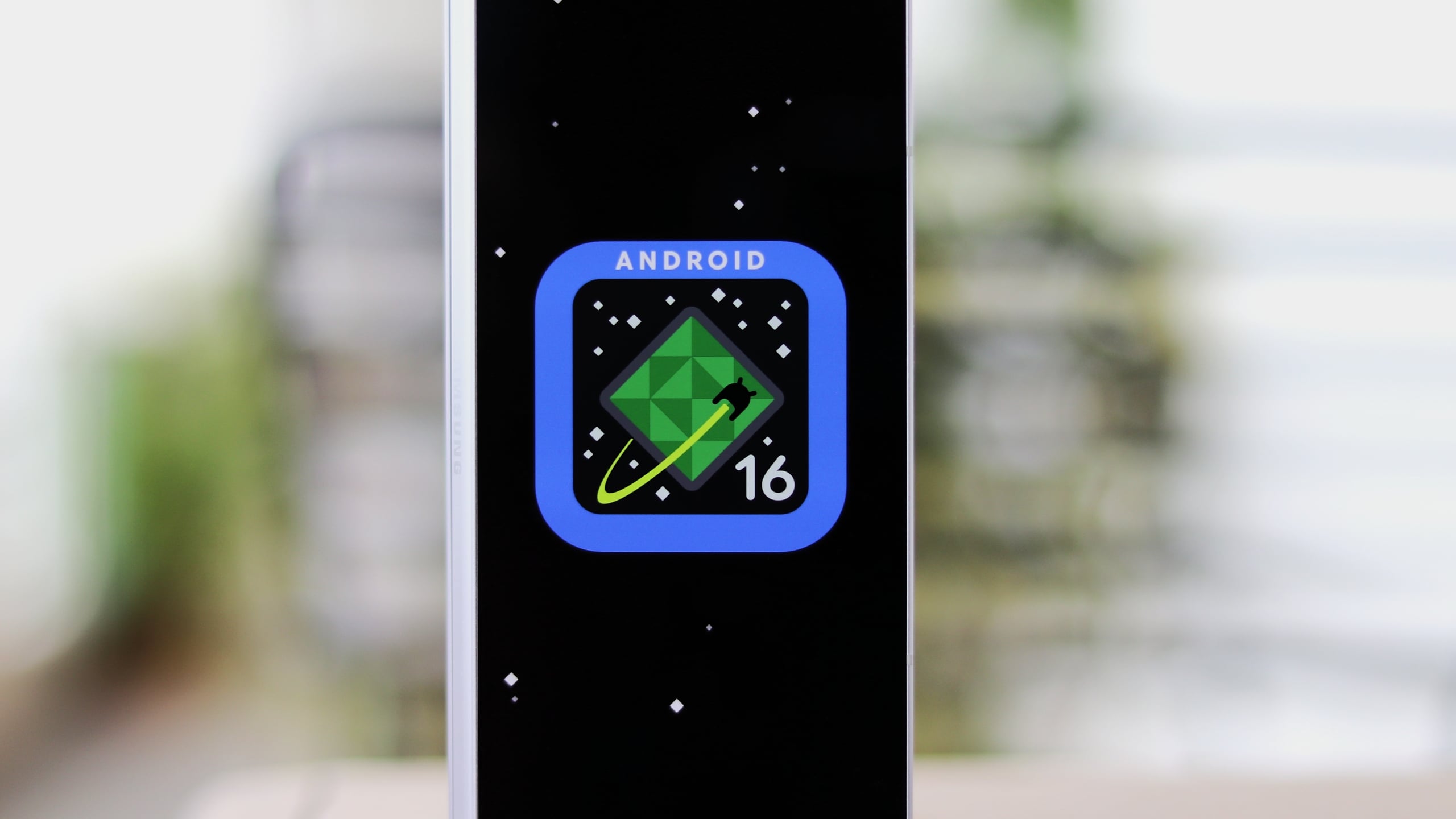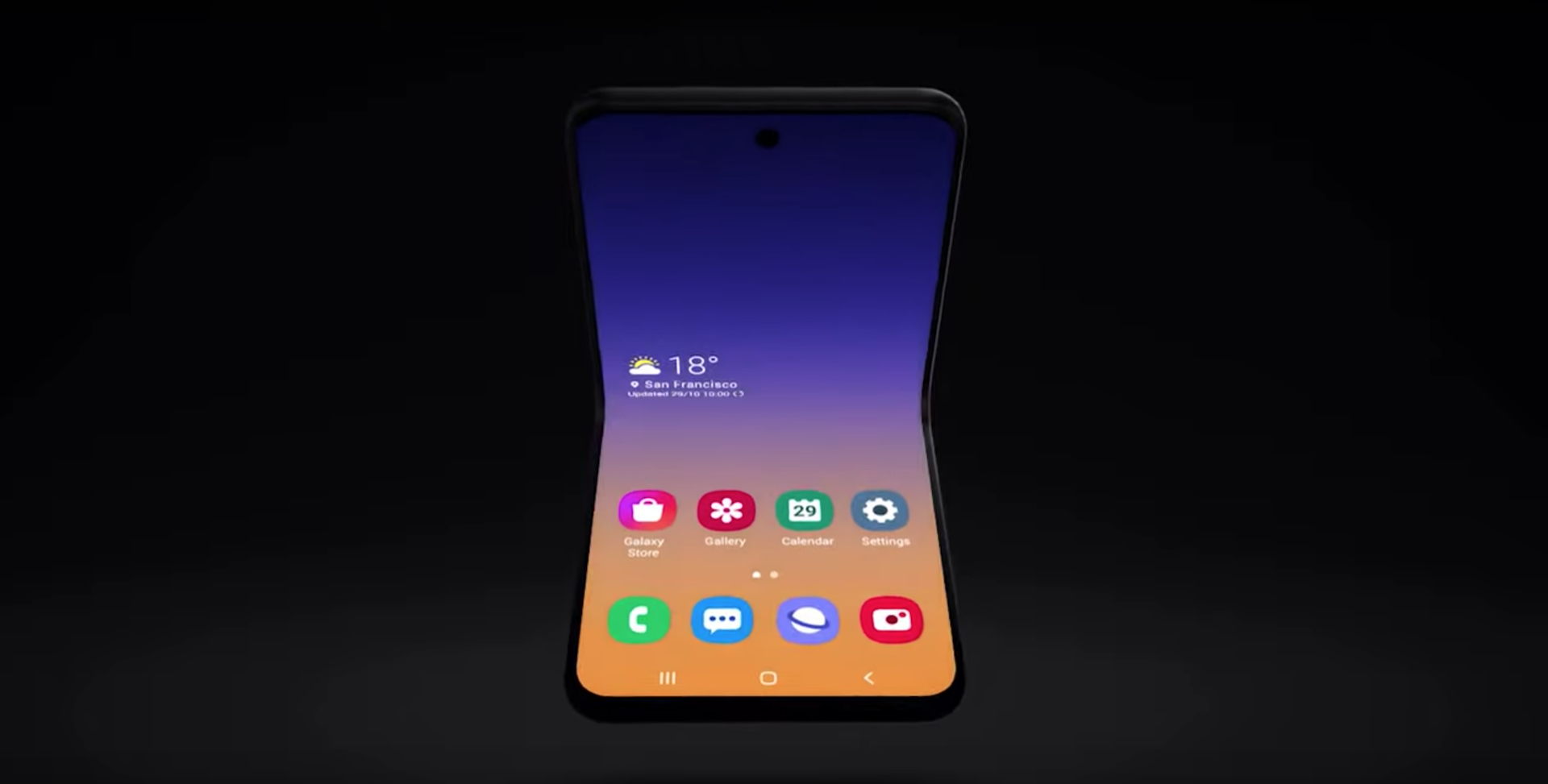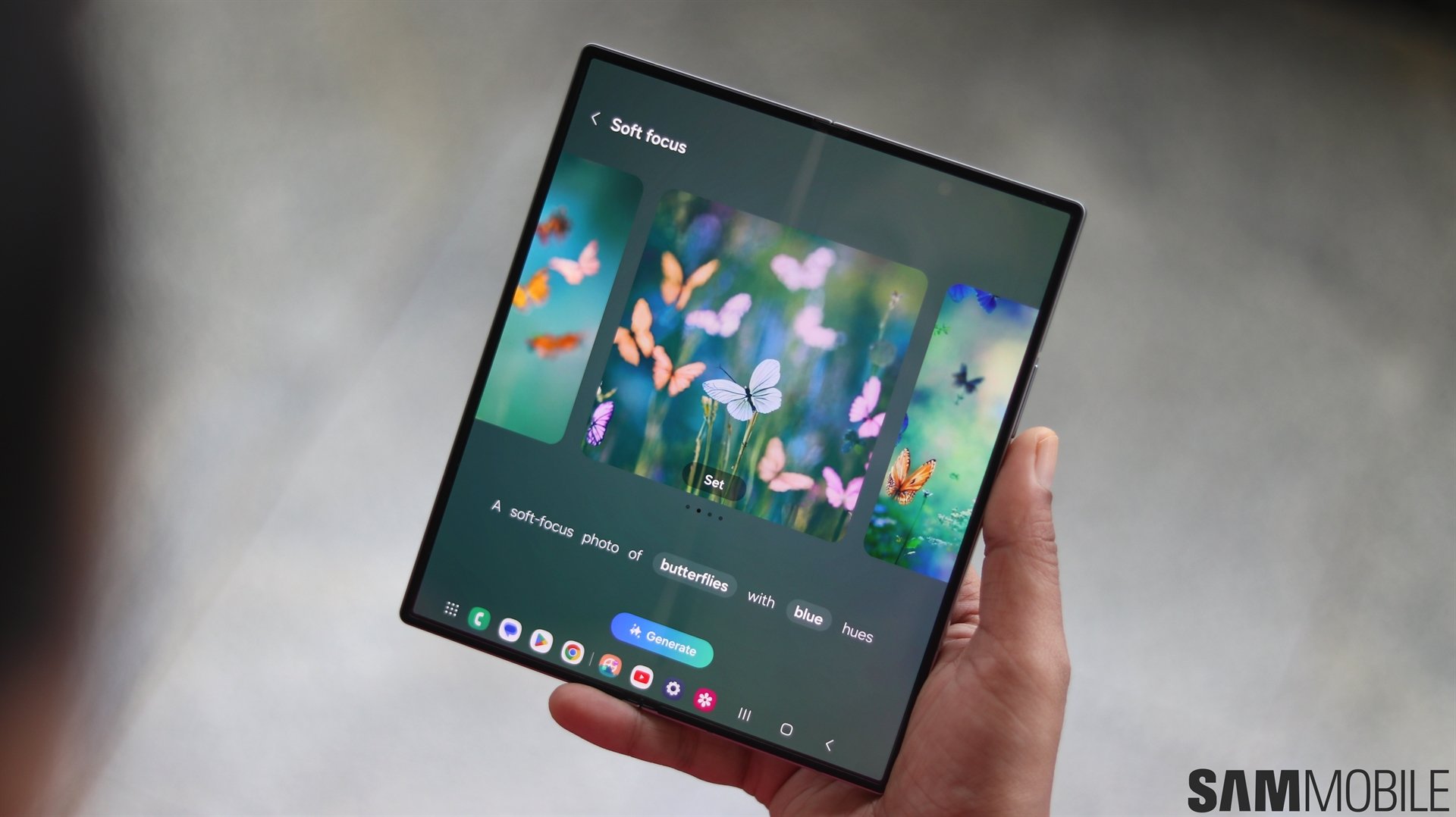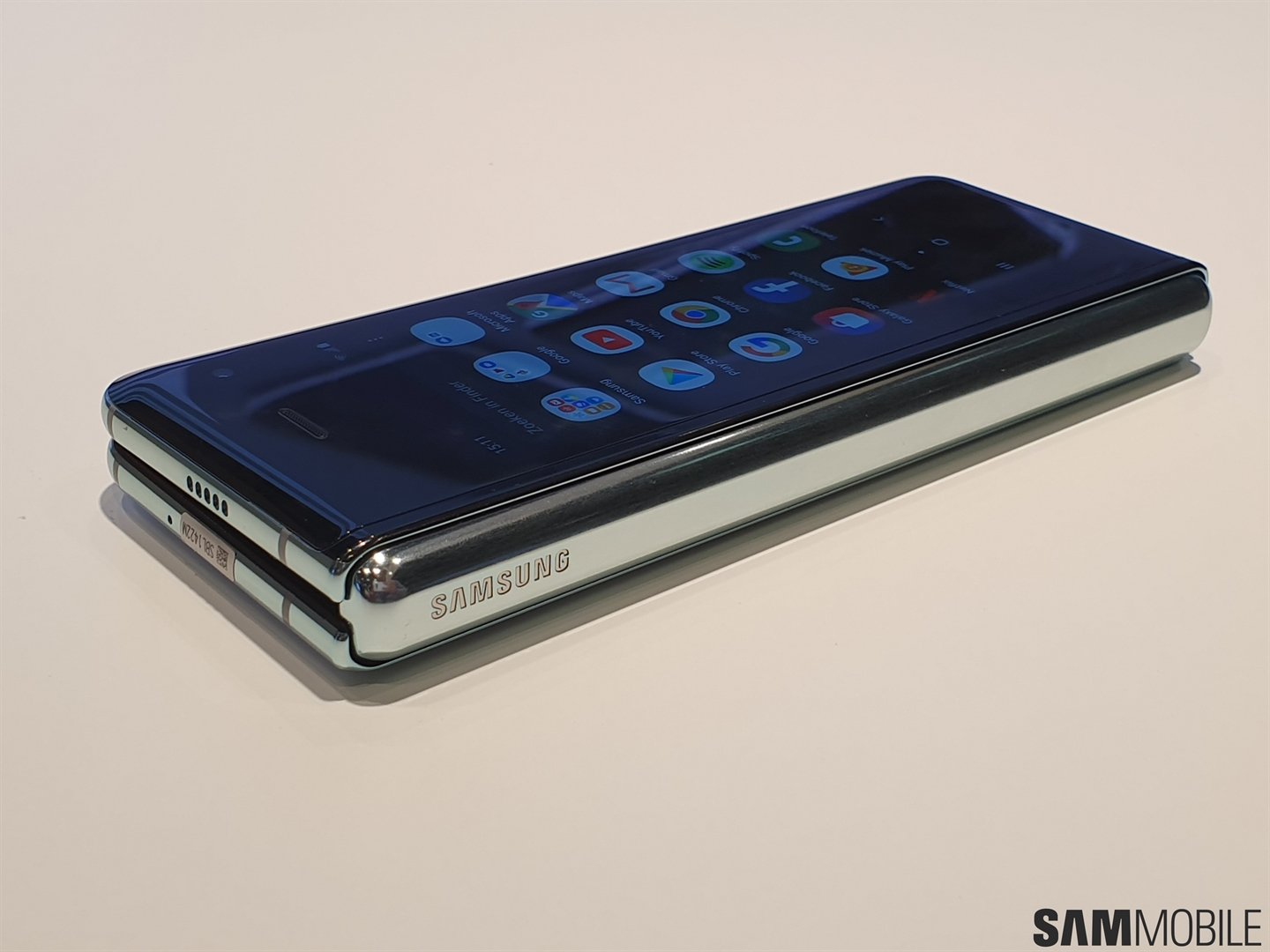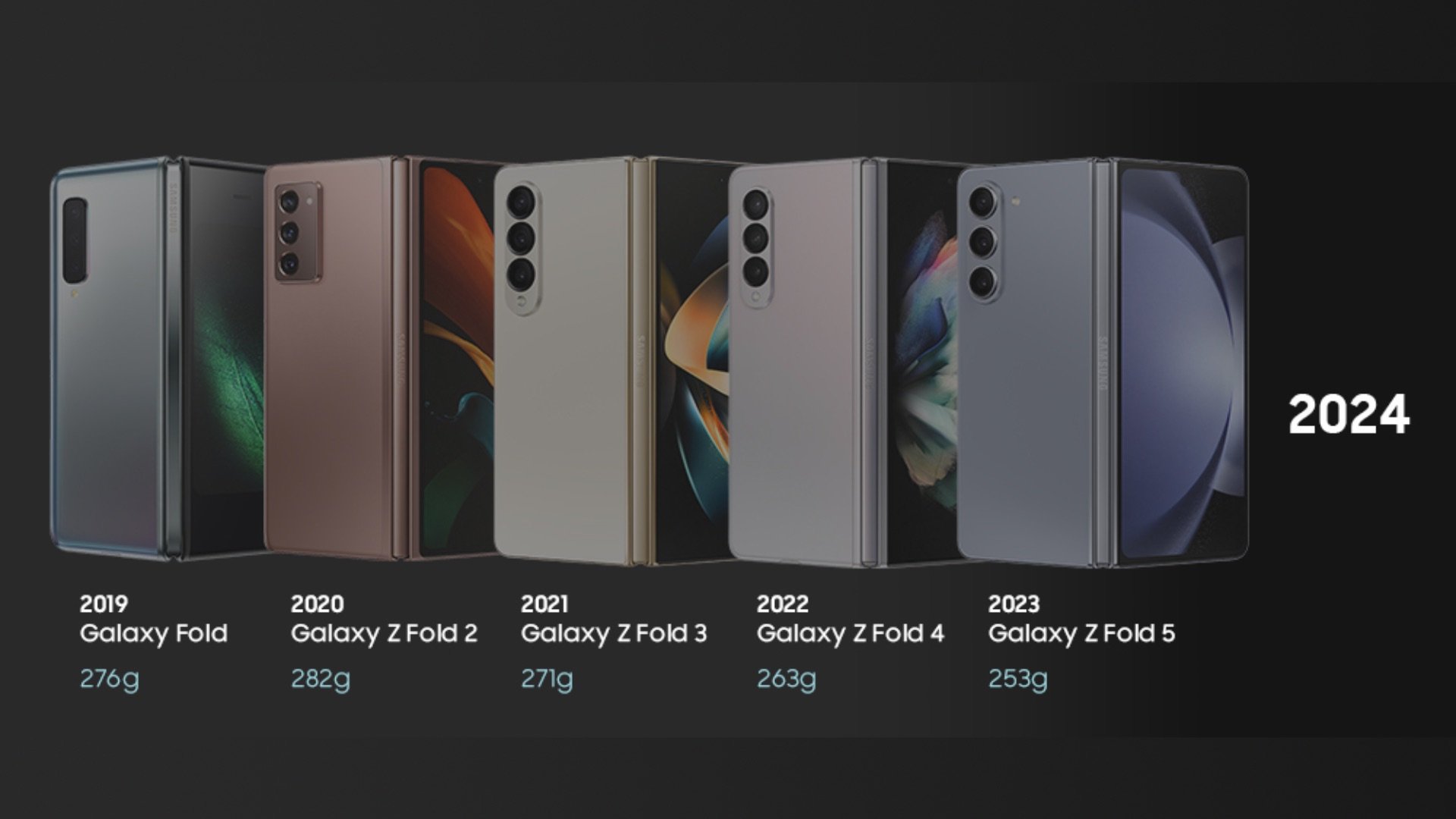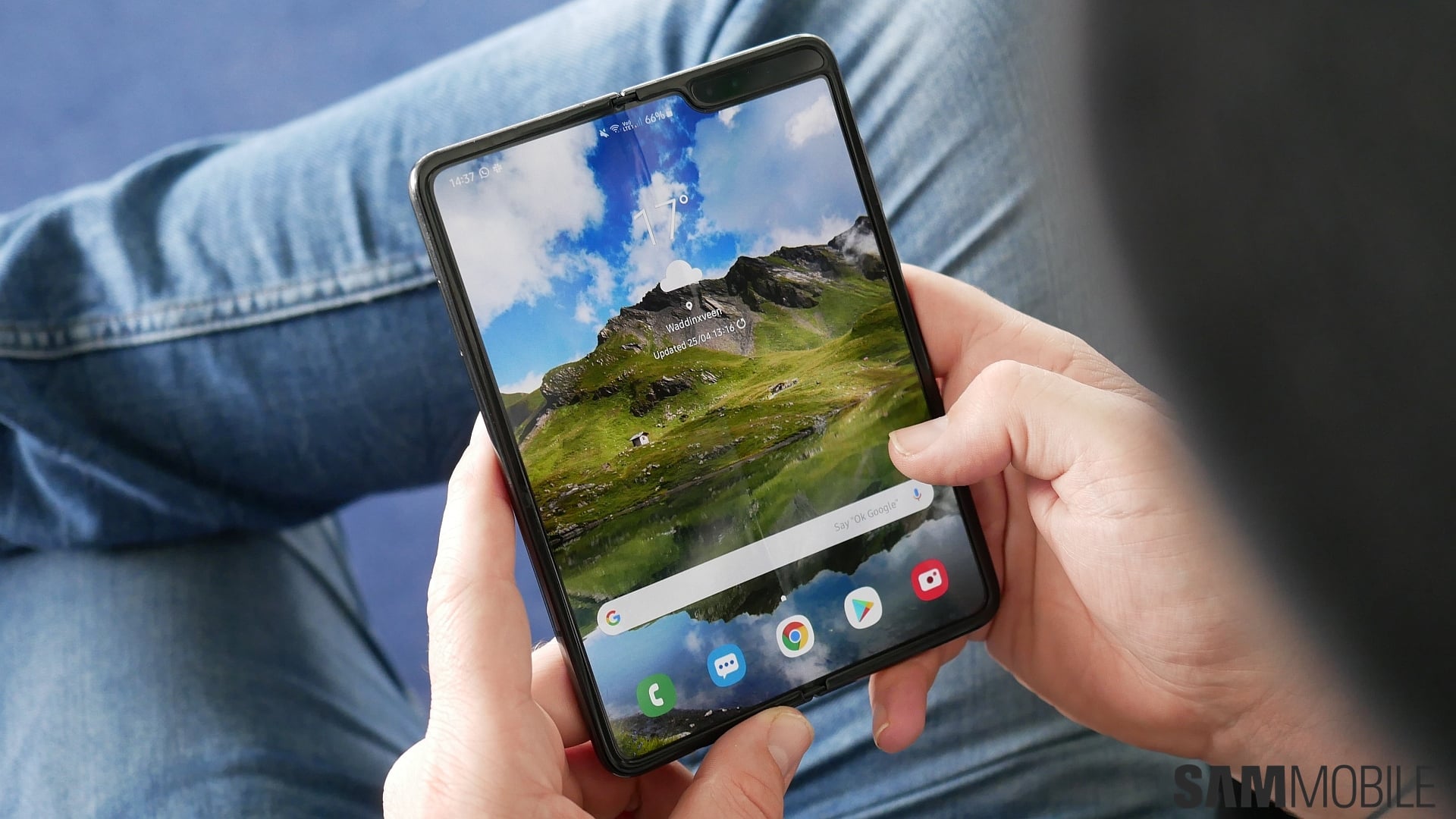The clamshell form factor is going to make a comeback in the wake of flexible display technology, and at
SDC 2019, Samsung hinted that it is
at least considering this design language for a future foldable device, possibly even for next year. Motorola already unveiled its first device based on flexible display technology, and it's a clamshell phone proudly boasting the revived
Razr brand.
Whether the Motorola Razr will or won't be a good device remains to be seen, but I think the clamshell design is the perfect fit for this emerging display technology, and I think that Samsung should adopt it next year, even though I don't believe that the ongoing Galaxy Fold formula should be abandoned.
The main advantages of the clamshell form factor
Improved screen protection was one of the best things going for the original clamshell design prevalent in the feature phone landscape of the 2000s. Gorilla Glass didn't exist back then and it wasn't unheard of for a plastic screen to turn from glossy to matte just by being exposed to the fabric of your pocket. In a way, flexible display technology has pushed us back to having phones with vulnerable screens, and the clamshell form factor suddenly makes sense again.
Then there's the cool factor which is admittedly fueled in part by nostalgia, but there is something about the clamshell form factor that makes it subjectively cooler than many other designs. Maybe it's because some of us grew up wishing we'd have a Star Trek communicator. Maybe it's the one-handed flip action of opening and shutting the device, though given the fragility of foldable phones, you won't really be snapping it shut as hard as you did a clamshell phone back in the day. Today, I think that cool factor would be even higher thanks to the simple fact that the clamshell design allows OEMs to fit a large flexible screen on a device that's virtually half its size.
Now, you might ask, hasn't the Galaxy Fold already achieved a large screen in half the footprint? It sure did, but in my eyes, there's a fundamental difference between the Galaxy Fold's book-like design and a clamshell. And I think the latter design represents a true opportunity for Samsung to deliver a diverse foldable experience in 2020.
A clamshell Galaxy Fold can make this elusive technology more attainable
Even though the Galaxy Fold sold like hotcakes in all of the markets in which it landed, the reality of the situation is that it would've been virtually impossible for the company not to sell every unit in stock given the Galaxy Fold's limited and controlled production run. Either way, most people watching from the sidelines seemed to have mixed feelings about the device, and I think that one of the bigger issues with the Galaxy Fold is that it not only had to convince people that flexible display technology is a viable option, it also had to sell Samsung fans on a completely new form factor. Much has been said and written about the $2000 price tag but it doesn't bother enthusiasts who are tired of the monotony in smartphone design.
Is the Galaxy Fold a phone, a tablet, or both? It's safe to say it's a hybrid that tries to do something that has never been done before. It's not impossible to use it as just a regular phone but then again, if that was the objective, then perhaps there was no reason to pick up a foldable phone in the first place. Why buy it if you're not planning to use all of it, all of the time?
It could be argued that we don't quite have a true foldable smartphone out on the market yet and that the Galaxy Fold is too much of a hybrid or tablet to count as one. In contrast, I think a clamshell design would not only seem less confusing (or confused), but it could also be cheaper to manufacture, thus becoming easier to obtain and more popular with Samsung fans. The Galaxy Fold is quite an excessive piece of tech, having been equipped with no less than six cameras and two batteries with flagship-level specs. It is impressive, but the formula definitely leaves room for a lower entry fee, even for brave early adopters.
That's not to say the new Motorola Razr is going to be cheap when it will launch in December for around $1,500, especially given some of its not-so-premium hardware specifications. In fact, the Galaxy Fold probably offers more value for money, spec-by-spec, given just how better equipped it is compared to Motorola's latest creation. But however you look at it, there's still room for improving the entry price for foldable devices, and the clamshell form factor might be the best next step in that direction for Samsung.
Should Samsung stop experimenting with the existing Galaxy Fold form factor?
Definitely not. I think Samsung should offer a diverse foldable experience. Why not offer multiple models with different form factors and leave the ultimate choice up to the customers. I think Samsung would benefit from continuing to think outside of the box when it comes to the existing Galaxy Fold formula, but only as long as it can also release at least one other foldable device that's attainable for more customers. Something that would guarantee a relatively high level of interest from customers who'd have a clearer idea of what form factor they'd buy into, like a clamshell.
I guess another way of putting it would be that the birth of flexible display tech should perhaps be about providing choices to customers that were previously not possible within the confines of smartphone design. Having said that, the clamshell form factor is, in my opinion, the perfect choice for expanding Samsung's foldable lineup, at least until a better solution comes along.
What are your thoughts on Samsung's journey into this new market segment so far? Do you think the clamshell form factor should make a comeback alongside flexible displays next year, or do you have something else in mind? Join us in the comment section below and share your thoughts.
